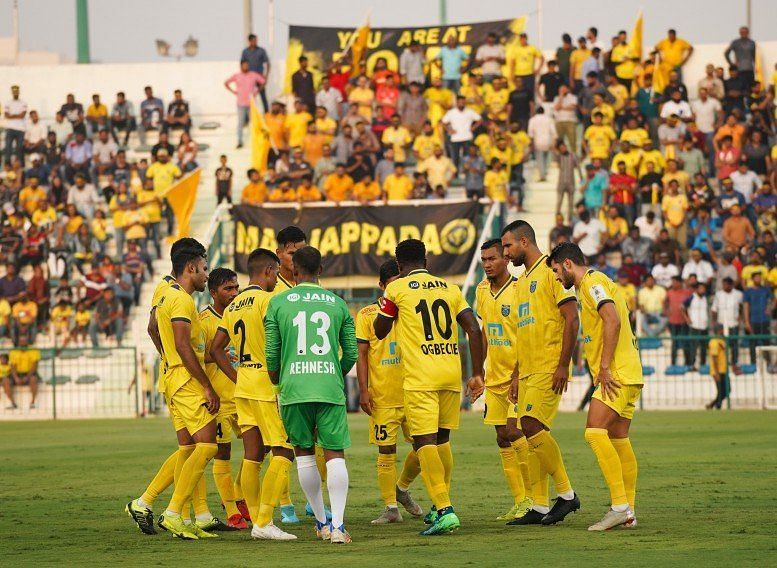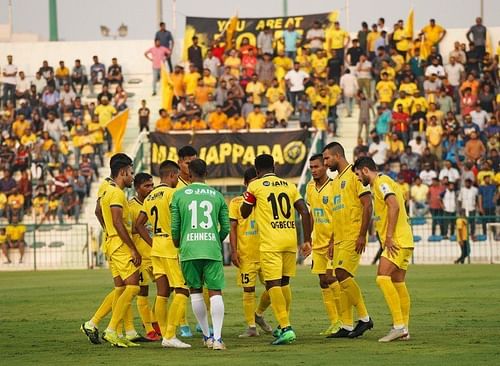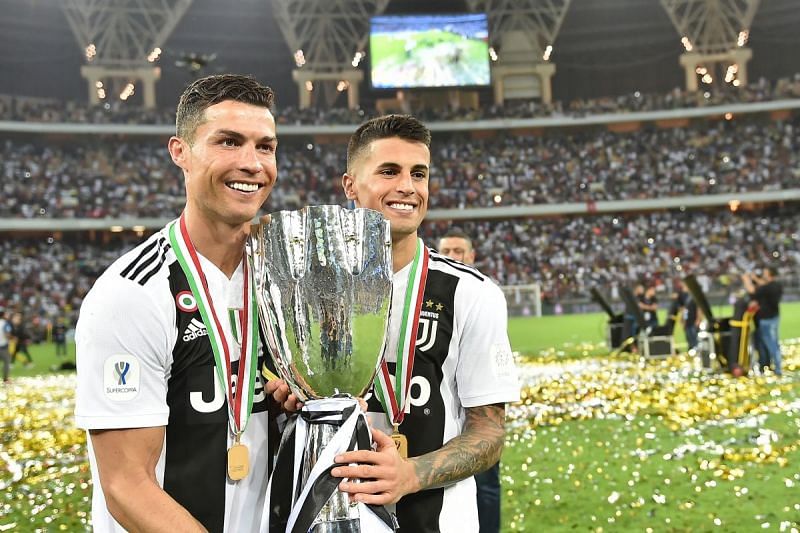
Why taking ISL to the Middle East could prove to be a masterstroke
Ahead of the sixth edition of the Indian Super League, Reliance Foundation Chairperson Nita Ambani expressed a desire to host ISL matches in the Middle East.
She said, “I do want to take it (the ISL) abroad, at least play one or two football games in the Middle East, in Dubai or Abu Dhabi, and then see how we can expand. We are a young league, just five years into the business, and we’re looking forward to taking Indian football to the world.”
More than 7 million Indians are currently living in the six Middle East countries – Saudi Arabia, UAE, Kuwait, Oman, Qatar and Bahrain – and other West Asian countries. United Arab Emirates (UAE) alone houses over 2 million Indians, forming the biggest expatriate population in the region.
It is true that even after five seasons, the Indian Super League is struggling financially. It is now on the hunt for more advertisers to come on board as sponsors. Therefore, the idea to host ISL matches outside India is a logical move. The strategy not only allows the league to reach a huge new audience and but also attract new sponsors and advertisers.
Reportedly, the City Football Group - owned by Sheikh Mansour of Abu Dhabi Royal Family has been engaged in talks with the Mumbai City FC for a possible takeover. City Group’s unprecedented financial power no doubt will be a major boost for the franchise. Also, their involvement will surely sprinkle a little of that stardust on the league.
Mumbai City FC isn’t the only club that attracted interest from the Middle East. There was speculation that UAE-based hypermarket chain Lulu Group owned by Kerala-born billionaire Yusuf Ali M.A would take over Kerala Blasters.
The fact that Indian Super League clubs are bleeding financially and on the lookout for strategic investors has been echoed by Nita Ambani, “We have had technical tie-ups so far, but I really hope that I can get some of the great football teams from around the world to come and experience the India opportunity and partner with Indian teams. I’d love to have the English Premier League teams come and invest in India.”

Therefore, the decision to cross borders was necessary and United Arab Emirates (UAE) provides an ideal gateway into resource-rich West Asia.
The idea of exporting football beyond its borders was first mooted by the Italian football federation. In 1993, the finals of the Supercoppa Italiana were hosted at RFK Memorial Stadium in Washington DC, USA. Since then, the Supercoppa finals have been played in Libya, Qatar, China, and Saudi Arabia.
In 2009, the French footballing authorities decided to take the Trophée des Champions to Montreal, Canada. Such was the success of this trip overseas that the Trophée des Champions has not been played on French soil since.

Spain followed suit and held this year's Supercopa in Saudi Arabia. According to Spanish sports paper Marca, the Spanish football federation (RFEF) is reportedly asking for just under $34 million per season.
Outside of the top-five leagues in Europe, Turkey is the only country to host a match outside its territory. Catering to the large Turkish population in Germany, the Turkish Super Cup was held in Frankfurt, Cologne and Duisburg, Germany.
Surely, though, the Indian Super League in West Asia would never have been considered as an option had the Italian and French not already set a precedent. Now it remains to seen whether the Indian Super League is as successful as their European counterparts.